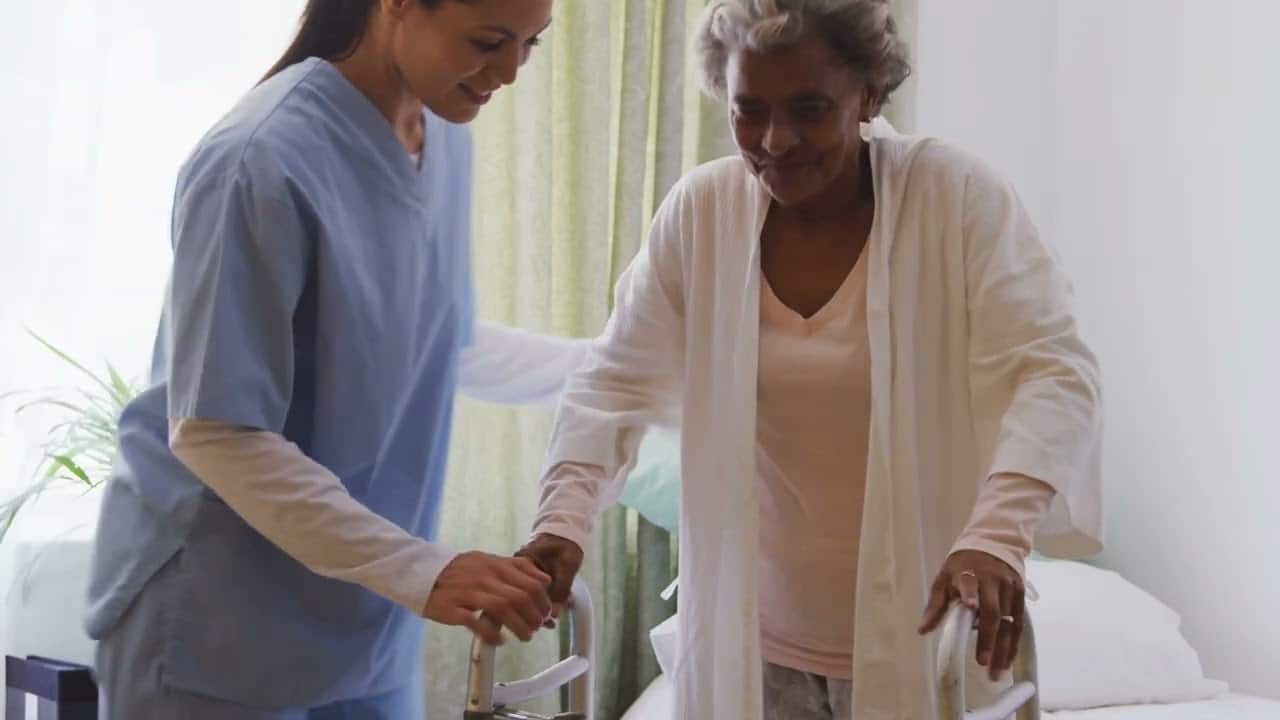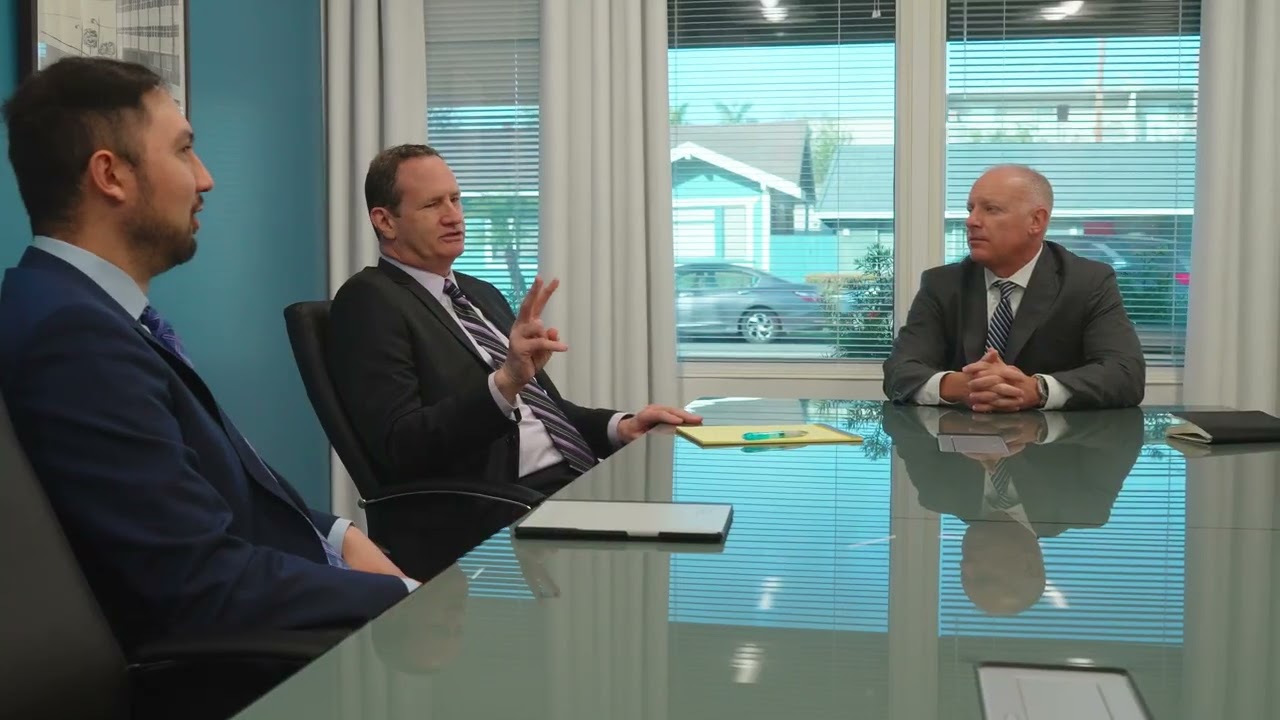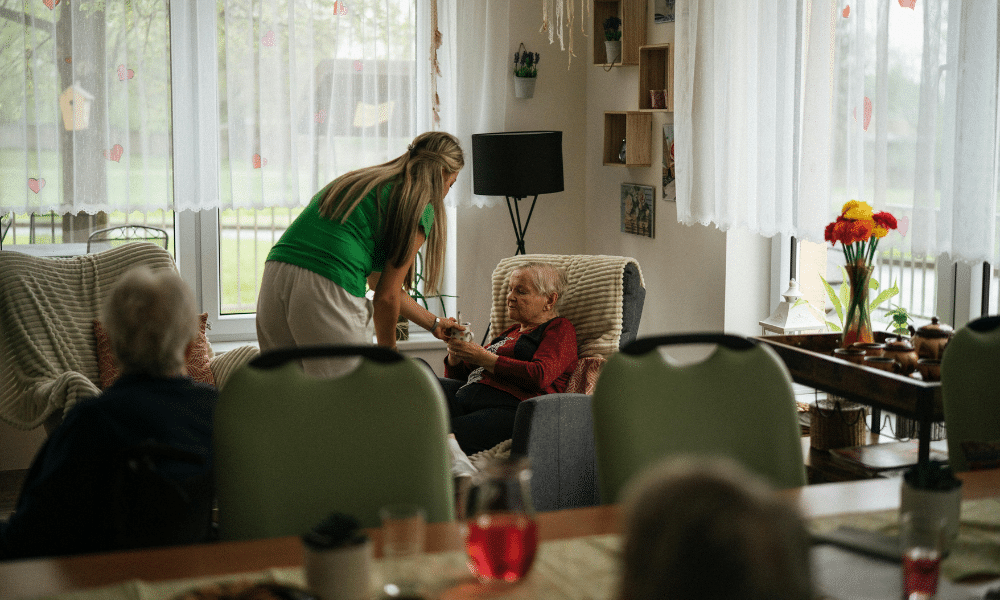Our Blog
ARTICLES
- All
- Case Results
- Elder Abuse
- Elder Care Laws
- Elder Rights
- Elder Rights
- Firm News
- Legal Resources
- Nursing Home Abuse
- Nursing Home Neglect
Justice Secured After Resident’s Fall Injuries Lead to Death
February 4, 2026
At Lanzone Morgan, LLP, nursing home abuse is all we do. As one of the leading elder abuse firms in the U.S., our experienced team ...
Read More
Justice Secured After Severe Bed Sore Failures Turn Fatal
February 4, 2026
Our commitment to getting justice for nursing home injury victims and their families has made Lanzone Morgan, LLP, one of the leading elder abuse firms ...
Read More
Anthony Lanzone Featured on “Love Conquers Alz” Podcast to Discuss Elder Rights
January 30, 2026
We are proud to share that Lanzone Morgan, LLP founding partner Anthony Lanzone was recently welcomed as a featured guest on the Love Conquers Alz ...
Read More
Securing Justice After an Unexplained Emergency Room Visit
January 30, 2026
When a nursing home fails to provide answers following a serious injury, it is often a sign of deeper systemic neglect. Recently, our firm was ...
Read More
How a Nursing Home Abuse Lawyer Can Help Your Case
December 5, 2025
Most nursing homes are operated by large corporate chains or private equity firms that have substantial resources to fight claims. They’ll deny allegations of abuse ...
Read More
What Evidence is Needed to Prove Nursing Home Abuse?
November 25, 2025
The evidence needed to prove nursing home abuse includes medical records, witness testimony, internal facility documents, inspection reports, and more. With over 75 years of ...
Read More
INFORMATIONAL VIDEOS
FREE CASE EVALUATION
We have extensive experience suing: Nursing Homes, Assisted Living Facilities, Memory Care Facilities, Adult Day Care Centers, and more.
GET YOUR FREE CASE EVALUATION
We offer free, convenient attorney consultations to discuss your potential case.






